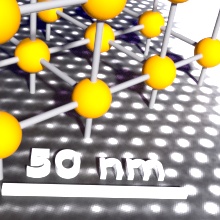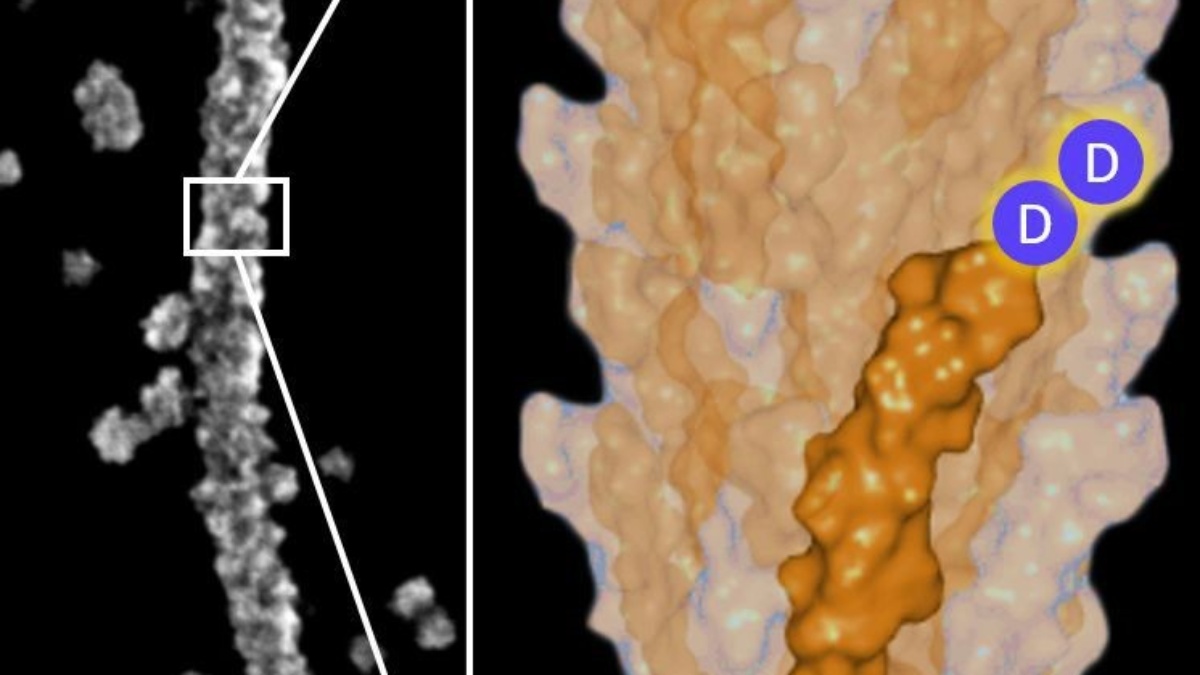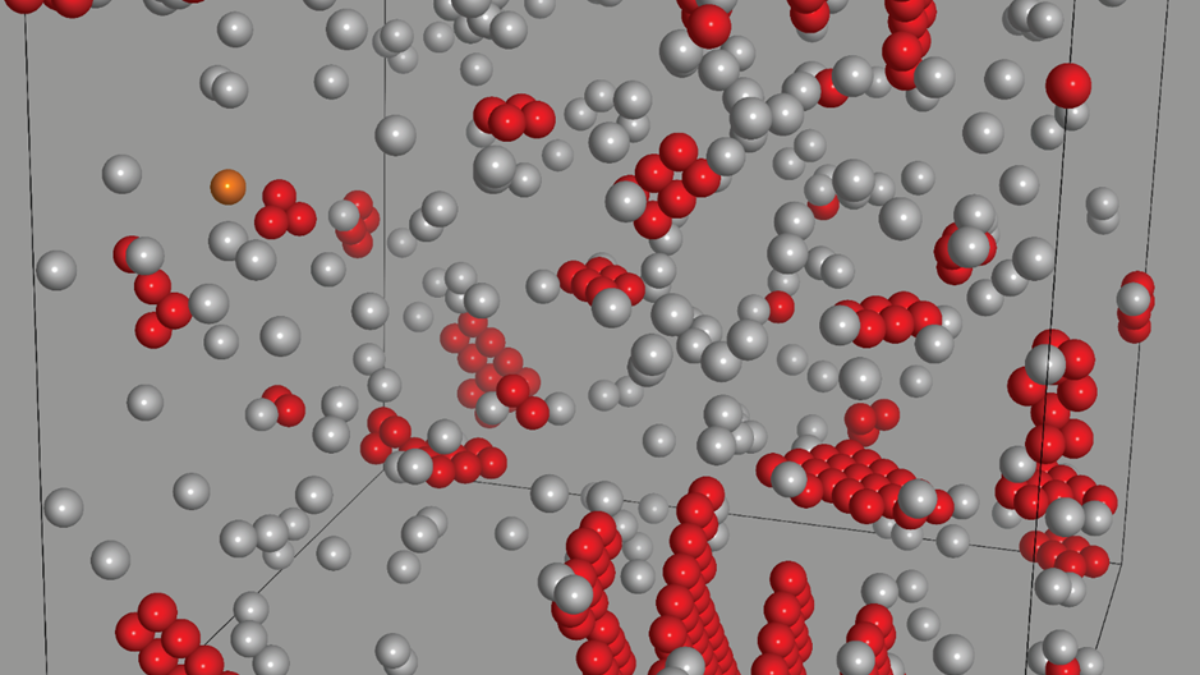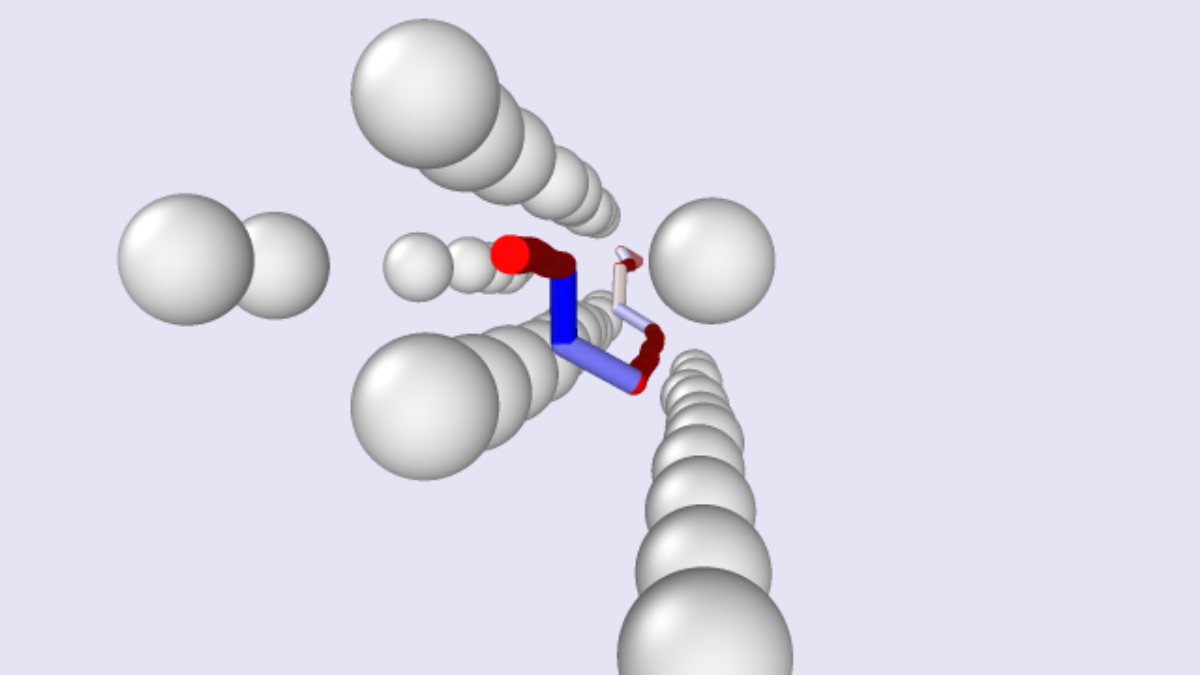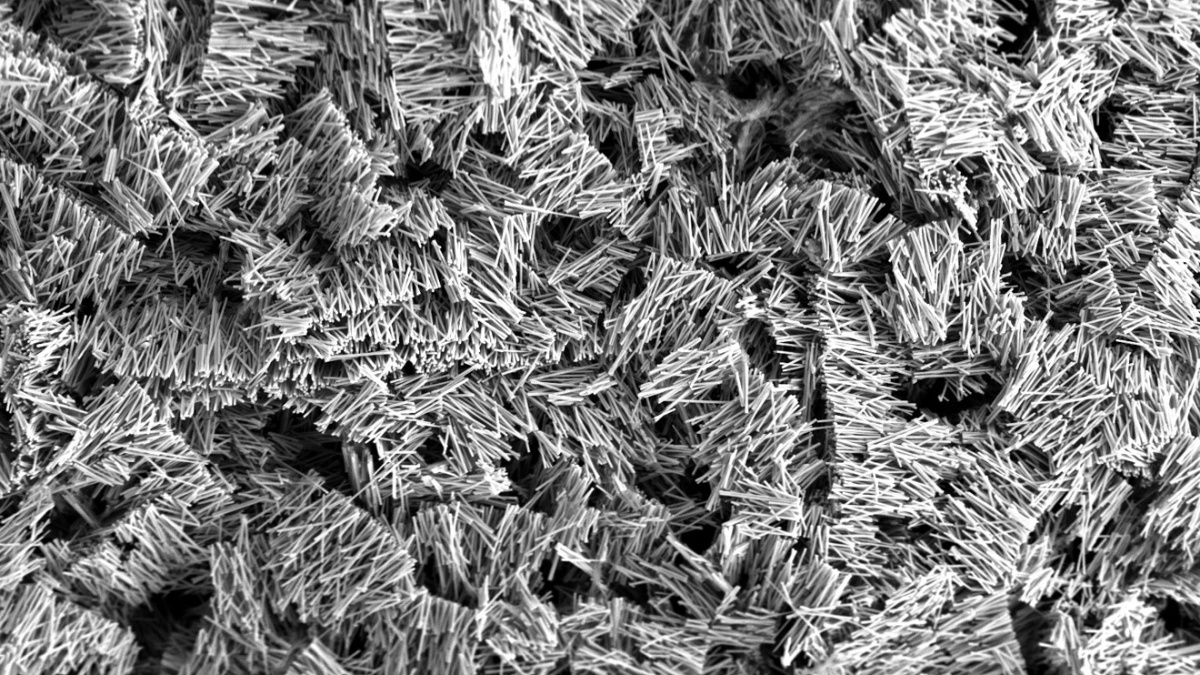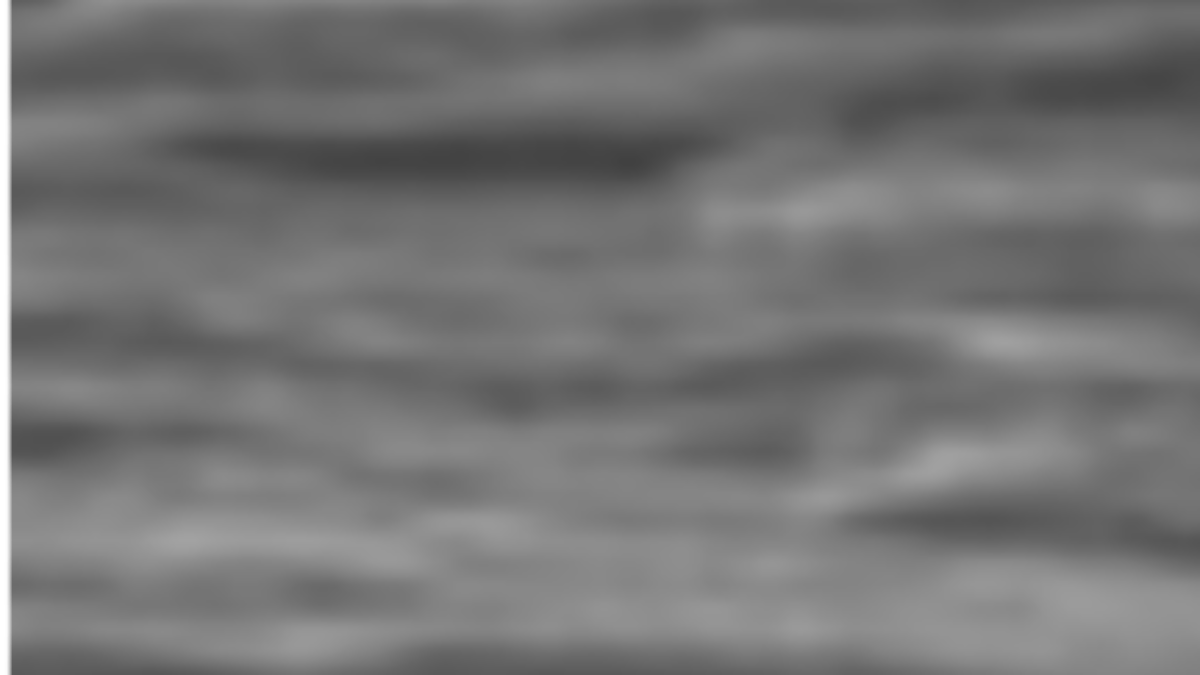During the first year of your studies in the Master’s in Materials Science program, you will deepen the basic knowledge acquired for your Bachelor’s degree. At the same time, the knowledge and skills in two specialized areas are built up to follow the current state of research.
In the second year of study, an individual research project in the form of a "Master Thesis" is completed within one of the many materials science research teams. The outstanding infrastructure of the University of Stuttgart makes the broad selection of these fields of specialization possible. The current catalog offers the following for instance:
- Advanced materials characterization
- Functional Materials
- Inorganic materials chemistry
- Materials Theory and Simulation
- Metals and Structural Materials
- Nanomaterials and Surfaces
- Plastics engineering
- Soft Matter and Bio-Materials
You should have an interest in mathematics, physics, and chemistry. Also important is being able to think in an interdisciplinary fashion within the natural sciences realm and liking mathematical-analytical thinking.
You will also need to demonstrate at least a basic command of the English language, since the lectures are given in English. Please refer to the admission regulations for details.
The degree allows you to choose from a wide offer of occupations ranging from material selection and counseling to quality management. It qualifies you to work independently and autonomously in industrial research as well as basic research in public institutions.
Doctorate
Approximately half of all Masters of Science in Materials Science students earn their PhD and thereby specialize themselves in academic working techniques. Compared to many other subjects, earning a PhD is not mandatory in Materials Science: The employment prospects within industry are not any lower without a PhD title. Should you be striving for an academic career path though, then earning a PhD is a necessity. The strong academic environment in Stuttgart makes for relatively favorable conditions to earn a PhD as well as an academic career path.
Studying abroad: what opportunities does my study program offer?
The University of Stuttgart and the Chalmers University (Gothenburg, Sweden) offer a Double Degree Master for the study programs Materials Science and Materials Engineering. The successful students of the Double Degree Master program are awarded a master degree in Materials Science from the University of Stuttgart and a degree in Materials Engineering from the Chalmers University.
The participants of the Double Degree Master program will finish the first two semesters in Stuttgart. Starting with the 3rd semester the study will be continued in Gothenburg and completed with the Master Thesis.
The study periods in Stuttgart and Gothenburg are complementary; the study course in Stuttgart is more scientifically oriented whereas the study course in Gothenburg has a focus on engineering.
The Double Degree Master program is addressed to dedicated and motivated students with very good course achievements, which are enrolled in the Master Materials Science program in Stuttgart. Per year 5 positions are available. Acceptance proceeds via an admission process. Interested students can send an application between October 17th and November 18th to the dean of the study program in Stuttgart (Prof. Grabowski) who will make the selection. The application documents should contain the Bachelor certificate with the marks, a CV and a letter of motivation.
The application should be sent to Prof. Dr. Blazej Grabowski.
Studying abroad: what opportunities does the University of Stuttgart have to offer?
Are you interested in going on exchange for a semester or two? Or would you rather do some research or attend a language course? Have you ever thought of joining a Summer School or planned an internship abroad? Whatever you have in mind for your exchange, the International Office will help you make your stay abroad an unforgettable experience. The first step will be to sign up online for our information sessions at the International Office that are offered on a regular basis. We look forward to your registration!
- Studying abroad
information sessions, partner universities, language requirements, application deadlines, scholarships
Application and admission: how do I get a place at the University?
Admission Requirements
As a consecutive program for graduate students, the Master Courses in Material Science require an approriate Bachelor degree. Beside the dedicated material topics (e.g. physical metallurgy, crystallography, materials chemistry, mechanisms of mechanical strength, polymeric materials, ceramics), a qualifying bachelor program must have a strong record in natural science and mathematics. You must demonstrate a sound introduction to solid state and organic chemistry as well as quantum and solid state physics. As a rule, a classical program in Mechanical Engineering or Mechantronics does not represent a sufficient preparation, except with an extraordinary focus on materials.
The complete information on the admission process, required knowledge of English, and the criteria for the assessment of professional suitability can be found in the admission regulations.
Language Requirements
The Master course Materials Science is taught in English. A German language test is therefore not necessary in order to be accepted.
In order to study you must show proof that you have advanced English skills of at least level C1. You will need either:
- one of the following tests with the indicated results: TOEFL PBT: 575 points; TOEFL CBT 225 points; TOEFL iBT 90 points; IELTS mind. band 6.5; Cambridge ESOL CAE/CPE or
- at least six semesters on a Bachelor’s study program in the English language. In this case provide a written confirmation of your home university that the medium of instruction was English or
- Germans and foreigners with German education: the proof of five years of English instruction at school ("Sekundarstufe I und II"), with a grade of at least 4.0 in the last two years, is sufficient.
The following documents are required for your application
- Bachelor and/or diploma degree
- Certificate with the cumulative grade of your degree
- Transcript of records, indicating all courses with the grade and the number of credit points and/or the number of hours.
- Certification of your English fluency (see above).
- A very short letter to explain your motivation for studying a graduate program in material science. This letter must contain a short summary of your previous bachelor studies, i.e. state the total number of credit points earned in your Bachelor studies and the total duration of the program, state the number of credit points earned in the following subtopics:
- mathematics,
- physics and physical chemistry
- general chemistry
- organic chemistry and polymer science
- quantum mechanics
- material science
If one of the indicated documents is missing the application can not be considered.
The admission process
Your application will go through an admission process, which is performed by the admission board of the study course Materials Science. In the admission process, points will be awarded as follows:
Maximal 80 points can be achieved, if the curriculum of your Bachelor and the Bachelor in Materials Science at the University of Stuttgart show strong correlation in the contents of mathematics, physics, chemistry and materials science.In addition, maximal 20 points can be achieved if you have obtained your Bachelor degree with particularly high marks.
It is therefore possible to reach maximal 100 points. With more than 80 points, you will get the admission for the Master directly. If less than 60 points have been assigned, you are not admitted. Between 61 and 80 points, you may be invited for an interview at the university in order to clarify your qualification.
Application period for the The winter semester starts in October. The summer semester starts in April.
winter semester:
May 15 – July 15
summer semester:
December 1 – January 15
How is the program structured?
- Module Scheme / Curriculum Master
By clicking on the individual modules you will get to the module description in C@MPUS.
The Module Guide describes the modules and the required courses belonging to the module. The Module Guide (also called module handbook) is published in the Campus Management System C@MPUS.
Program structure in detail
Details on the program structure are published on the students' website.
Important Websites
Accreditation

Contact

Ralf Schacherl
Dr.Fachstudienberatung Materialwissenschaft



